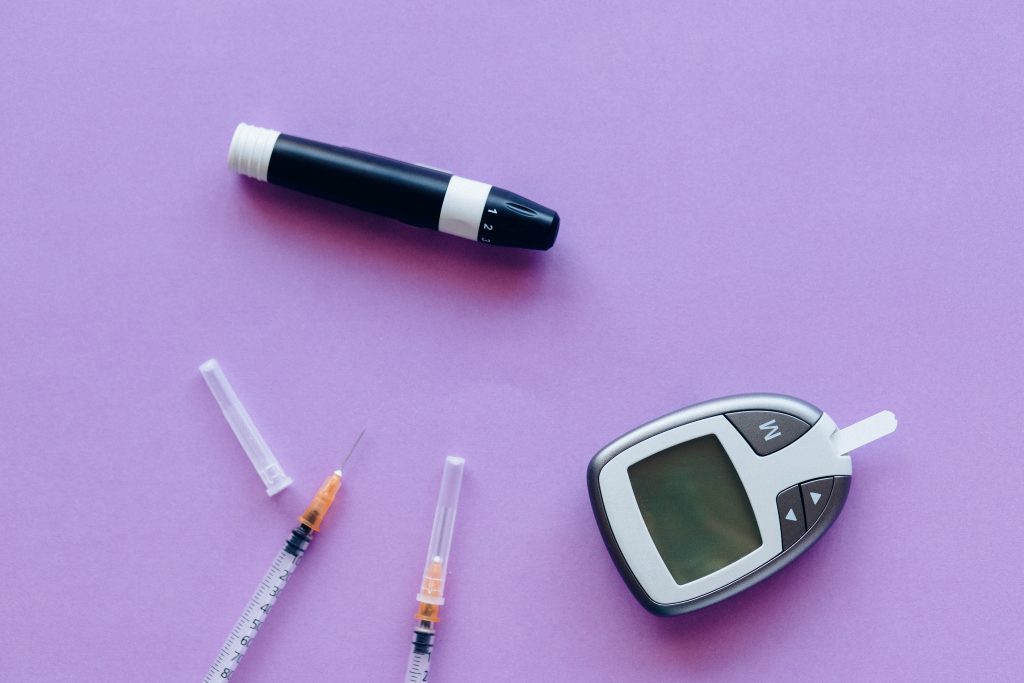5 Reasons To Try Intermittent Fasting
May 1, 2022Intermittent fasting, or IF, has been used in many cultures as an effective way to lose weight and improve health by simply cutting out meals and avoiding eating anything for a 16-hour long window then breaking fast, and consuming all the necessary meals in the next 8 hours, which completes a 24-hour cycle.
Remember, you can take water or other light drinks like green tea or black coffee as it is different from dry fasting, in which you don’t even consume any liquid form and Ramadan is the month in the Islamic calendar when Muslims keep dry fast for an entire month and is one of the important religious duty in Islam.
Recent studies have also indicated that both intermittent and dry fasting can have numerous health benefits beyond weight loss, including improvements in heart health and reduced risks of cancer and diabetes. Check out these five reasons to try intermittent fasting and see if it might be right for you.
Gives your body a break
Normally, our bodies function by burning carbohydrates (sugars) first. That’s what produces glucose, which is used for fuel. However, if you don’t consume any carbs, your body has no glucose reserves and starts burning fats instead.
This is how intermittent fasting benefits your body because it gives your body a chance to burn up excess fat that you already have stored. When you fast you are also giving a break to the digestive tract which yields many benefits like reducing inflammation, and reducing cancer cells in the body, It essentially resets your metabolism in a way that allows it to run more efficiently if do it correctly.

Giving a break is just like a person when you leave the town and move to natural places for an excursion which reduces the stress and rejuvenates the mind and body, similarly when your digestive system works most of the time when gets a break, it repairs and revitalizes the digestive tract and other organs in the body which increases the efficacy of digestion process and other vital organs.
If you’re following an intermittent fasting schedule (16/8), it means no food for 16 hours, which gives your body a necessary break for a while and may actually help you burn more fat especially if the right diet is taken when you break your fast.
Improves insulin sensitivity
One of the intermittent fasting’s biggest benefits is improved insulin sensitivity. Insulin sensitivity is a measure of how well your body processes insulin, which is released by your pancreas when you eat and helps move glucose from your blood into cells for energy.
Insulin sensitivity helps keep blood sugar levels steady and prevents sharp spikes, which can cause cravings and mood swings and can contribute to weight gain (particularly around your belly).

Intermittent fasting may help your body get rid of excess glucose, which reduces insulin resistance. If you’re diabetic or at risk for developing diabetes, intermittent fasting may help normalize your blood sugar levels and even reduce symptoms of hyperglycemia (high blood sugar), such as excessive thirst and urination.
Studies have also shown that intermittent fasting reduced hemoglobin A1C—an indicator of long-term blood sugar levels in type 2 diabetics.
Increases autophagy
This is one of the major benefits of intermittent fasting. Autophagy is a vital process that helps your body to eliminate damaged cells and replaces them with fresh ones. It’s essentially how you get rid of old, dead cells in your body and regenerate new growth.
Intermittent fasting can help trigger autophagy, which means intermittent fasting can play an effective role in cleaning out your dead cells.

You might have heard of autophagy before in regard to cancer research; many studies have suggested that autophagy can kill cancerous cells and create healthy ones.
This means intermittent fasting can influence the level of cancerous cells that your body possesses by killing the cancerous cell and reducing the chances of cancer. Autophagy can also promote your brain function and plays an important role in improving cognitive conditions as per new research.
Autophagy can also help reduce oxidative stress and inflammation, which are linked to aging and disease. When performed correctly, intermittent fasting can be a powerful health practice that offers many benefits. It can even help you live longer.
Improves hormonal imbalance
Another reason why intermittent fasting is so effective for weight loss. During a normal eating pattern, our insulin remains elevated throughout most of our waking hours, which promotes fat storage. When we don’t give our bodies any food (or at least calories) for extended periods of time insulin levels go down which promotes the fat-burning process dramatically.

As insulin is a major contributor to the body’s storage function, a spike in insulin levels halts fat burning. By skipping meals every once in a while and limiting calories over an extended period of time (like 16 hours of fasting), you can naturally reduce your insulin levels and improves insulin sensitivity. Over time, this will help balance out your hormonal system, leading to long-term weight loss success.
Intermittent fasting also elevates HGH (human growth hormone). Growth Hormone or GH helps regulate fat storage and break down fatty tissue while keeping your waistline in check and protecting the muscle mass at the same time which means Your body starts burning more calories from fats.
Help in weight loss
Studies have shown that intermittent fasting can help boost weight loss in several ways, making it one of the best methods for weight loss. The eating pattern essentially involves alternating periods of eating and fasting throughout your day: While some intermittent fasters try a 16/8 schedule—eat for eight hours, fast for 16—others follow time-restricted feeding schedules that allow for an eating window of just six hours.

Regardless of the time period, Intermittent fasting helps in losing weight by restricting calories to your body for longer periods of time. When you consume food, your body digests it and absorbs it into your bloodstream so that you can take energy from it. However, with intermittent fasting, you are taking food away from your body instead of giving it more.
This means that when you do decide to eat again, there is still energy leftover in stored fat cells which can then be taken by your body when it desires energy. This results in losing weight while simultaneously improving hormonal imbalance as mentioned above, which helps the body to process sugar better even when you are not fasting and thus help you lose even more weight.
Conclusion
To conclude intermittent fasting can benefit your body in several ways, it can help you lose weight fast, reduce stress, and improve hormonal issues and your health overall. It’s a healthy way of eating and should be an option for anyone looking to cut down on calories without restricting their food intake. You might want to consider intermittent fasting if you have some weight loss goals in mind. This doesn’t mean that intermittent fasting will cure all of your health issues overnight or guarantee faster weight loss—but, as research continues to show us, it can be helpful and is worth trying to incorporate into your life.

